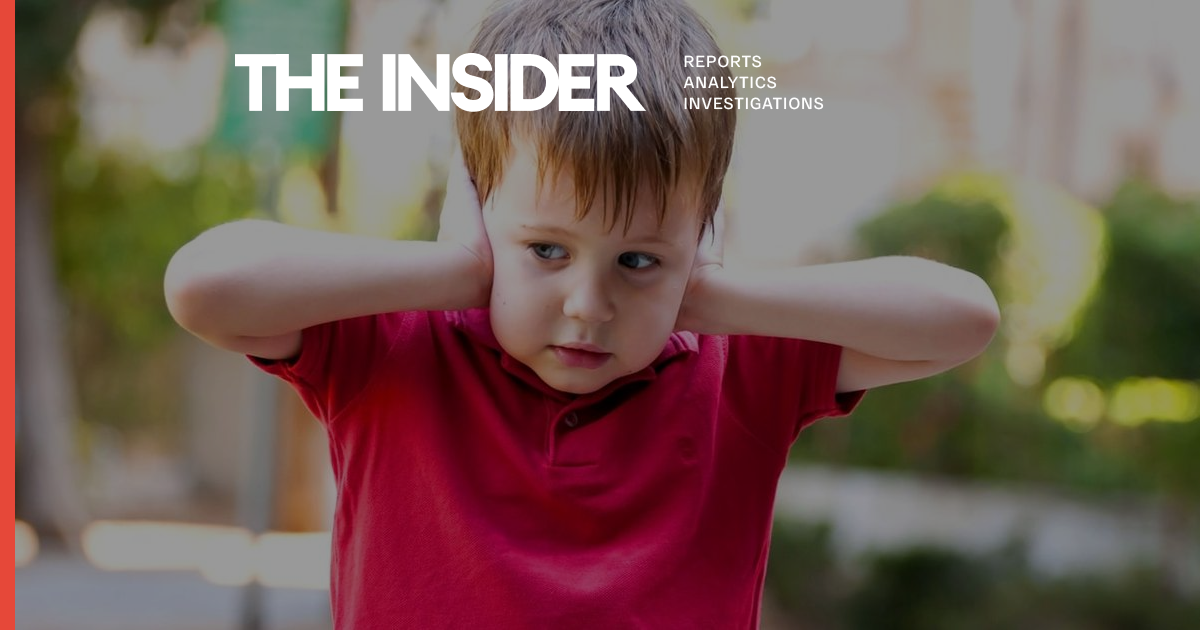In the spring of 2024, the Russian Society of Psychiatrists (RSP) proposed new clinical guidelines for the treatment of pediatric autism. If the changes are adopted, starting in 2025 all Russian doctors will be required to prescribe haloperidol to children diagnosed with autism. The drug is ineffective for treatment and has many side effects, experts warn. It is expected that, once the new system is introduced, autism will be diagnosed even less frequently in Russia — it is already diagnosed tens of times less frequently than in the United States — and autistic children will be deprived of chances for social adaptation. Both tutors and parents of children with autism fear that the new initiative will result in the exclusion of special-needs children from society.
-
If the Ministry of Health adopts its new guidelines, modern approaches will give way to Soviet-era methods — specifically, the use of a potent first-generation neuroleptic called haloperidol (also sold under the brand name Haldol). Adherents of modern behavioral management therapy approaches for ASD condemn these recommendations, calling them “medieval” and comparing them to treating mental disorders with lobotomies.
-
What is even worse, starting from 2025, the Ministry of Health’s clinical guidelines will become mandatory for all medical professionals in Russia.
-
Even before the new regime goes into effect, the human cost of Kremlin policy is already being felt. In April 2024, the Denisovs (their name has been changed), a young family raising a child with ASD in the north of central Russia, were granted a place in a special rehabilitation center in a neighboring region. A few days before the trip, they were shocked to learn that the invitation had been postponed until at least the summer — the facility had to accommodate children from nearby Belgorod, a city close to the Ukrainian border that had been under frequent missile and drone attacks.
-
A private child psychiatrist who agreed to speak anonymously criticizes the use of drug therapy with haloperidol when used as the primary treatment for ASD:
"The worst thing about treating [autism] with haloperidol is that it is ineffective. A drug must target a specific symptom. In the case of antipsychotics for ASD, it’s aggression. However, there is insufficient evidence that haloperidol helps with aggression in children with ASD — while its side effects are pronounced.”
-
The RSP authors’ recommendation of haloperidol is based on a single study from 1984, meaning that the work is irrelevant by modern medical standards. The authors claim that the drug has no side effects — this despite the fact that even the outdated study they cite describes multiple.
-
Lena Urdina, child psychiatrist and the author of the Telegram channel No Stigma, said:
“Russia’s healthcare system appears to follow the principle of discouraging patients from seeking medical advice and encouraging them to quietly die at home, without occupying a hospital bed. Mental health care was once provided to people who were deemed ‘dangerous’ to society. People who experienced ‘vital suffering’ were more likely to seek psychotherapy than psychiatry.”



The United States would more typically utilize risperdal as a first line pharmacological intervention for individuals with autism who experience violent behavior during irritability. It obviously can vary by practitioner a bit but there would need to be some valid justification as this is the only fda approved medication for treating irritability in autism.
Lots of people speaking out of their lane in these replies though! Nothing like conjecture!
Staggers me that it gets used as a sedative, but I guess… evidence-based medicine, it clearly works for that. Makes me uneasy though.
Are you talking about haloperidol? It doesn’t really get used a sedative in emergency psychiatric situations but often gets paired with benzodiazepines. Sometimes one or the other. Sedative would more typically be Ativan. To be clear haldol does have some sedative effects but it is not typically used as a first line sedative in inpatient psychiatric settings; it’s a poor choice for this purpose because it has a fairly slow onset for sedative effects to be seen (~15-20m for many individuals)
Haloperidol is used for acute psychosis and agitation. Ativan is used for sedation. Care has to be taken because benzos/ativan can worsen delirium, eg in an elderly patient, thus the use of haldol if they are agitated. Or you might use diazepam if you are intending a chemical restraint as this lasts longer than ativan. But this metabolizes via liver so you again have to be careful about pt, late stage alcoholic would get ativan bc metabolic pathway is renal. Additionally ativan alone be best fit for someone detoxing from alcohol who is agitated as the underlying cause of their agitation better targeted by benzos than haldol. Knowledge of pt is key. Of course that info is not always available unfortunately
https://www.ncbi.nlm.nih.gov/pmc/articles/PMC3298219/
Project path explains rationale behind psychopharmacology for emergency treatment of agitation better than I can
Interesting, in the UK they’d do something similar such as olanzapine with lorazepam. Quetiapine really is the one I’ve got a bee in my bonnet about. I don’t know about the USA but in the UK it gets over-prescribed just for the histaminergic component which I feel should be considered as more of a side effect. Bear in mine my knowledge is around twenty years out of date!
Thankfully in the past 10 years I’ve seen a decline in practitioners prescribing seroquel for sleep disorders but that’s entirely anecdotal and based only on my small geographic area unfortunately, not sure of any literature to support that this is actually declining. And unfortunately in the USA i believe it’s still somewhat regularly used as a chemical restraint in long term nursing care for geriatric populations despite indications for other medications being potentially better choices but I can’t speak much to that as it’s not my practice area or population
Thanks for the response.